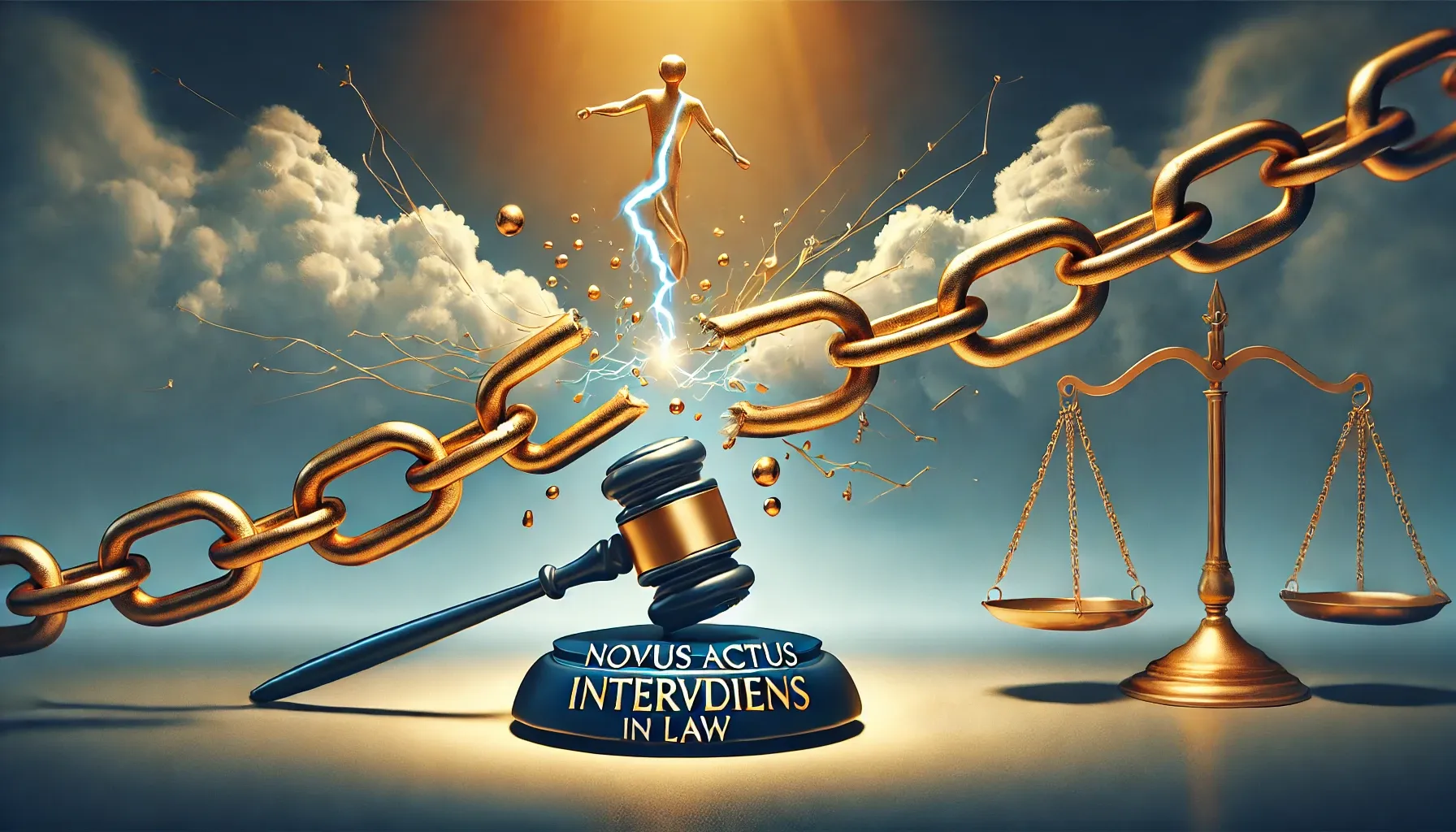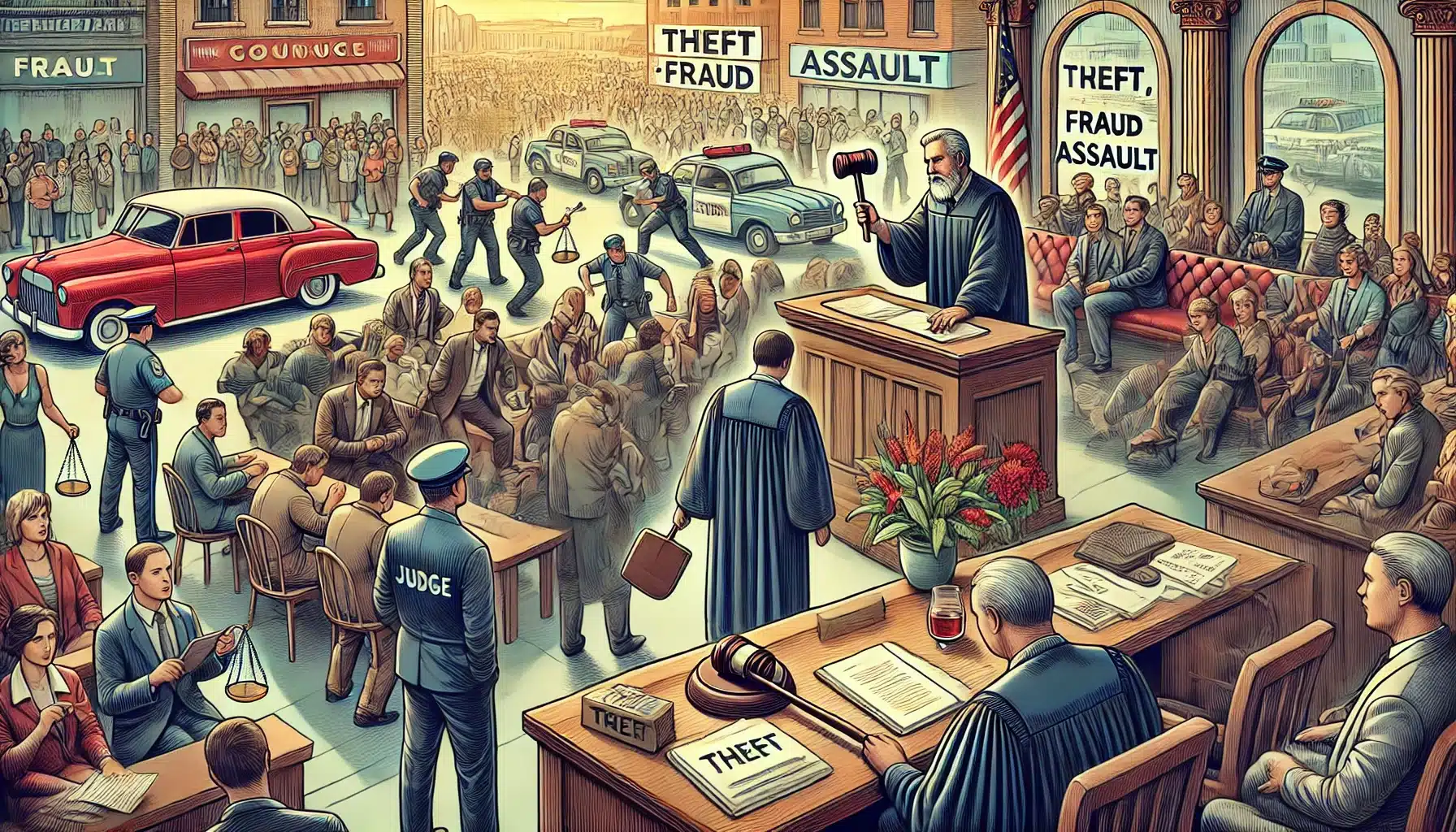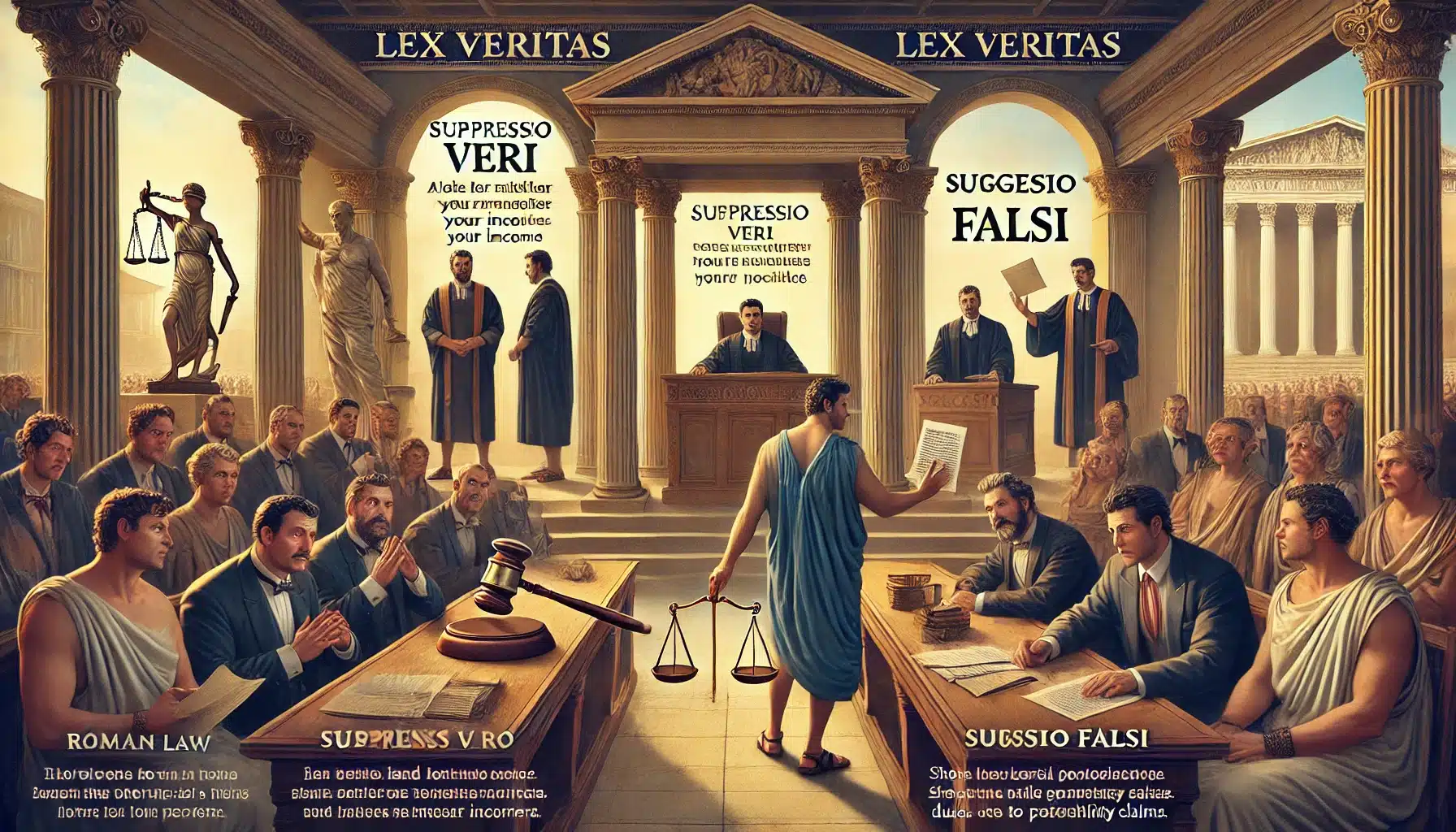The state houses or any authority that is established under the Constitution of India and has the statutory power to make laws.

DEFINITION
The term State is enshrined under Article 12 of Part III of the Constitution of India. The section further states that unless the context otherwise, ‘State’ includes –
- the Government and Parliament of India
- the Government and the Legislature of each and every States
- And all local and other authorities in the territory of India, under the power of the Government of India
The state houses or any authority that is established under the Constitution of India and has the statutory power to make laws.
ORIGIN
In India, the Congress was the main political party. They demanded Fundamental Rights against the British rule, which violated human rights on a very wide scale. Therefore, the framers of the Constitution had a very positive stance towards these rights. Secondly, the Indian society is divided into many religion, culture and linguistic groups and therefore declaration of Fundamental Rights could give people a sense of protection and confidence. Though India was democratic, yet its traditions were lacking, and a danger that if the majority in the legislature made laws then it may be unfair to individuals or minority groups, and this could be reduced by giving rights. The principle of Fundamental rights is borrowed from the United States of America. The enforcement of the fundamental rights is itself a fundamental right (A major feature of the Indian Bill of Rights ). For enacting fundamental rights in Part III of our Constitution, the founding fathers showed their interest in adopting the means to enforce fundamental rights legally. But the question is against whom were the fundamental rights to be implemented? Generally speaking, against “the State”, not as everyday understood but as widely defined by Art. 12. If An act of the State, whether legislative or executive, is inconsistent with a fundamental right, itis declared to be null and void under Article 13.
MEANING-
The Supreme Court has explained the sphere of ‘State’ which includes Corporation. They execute tasks which are very close to governmental or sovereign functions. In fact, the term ‘State’ also put up any authority that’s created by the Constitution of India and has the power to make and amend laws. It need not execute governmental or sovereign functions.
Executive and legislature of Union and states comprise union and state governments alongside with Parliament and State legislatures. The President of India and Governors of states can also be called ‘State’ as they are an element of the executive. The term ‘government’ also includes any branch of government or any foundation under its control. The Income Tax Department could be cited as examples.
‘Local authorities’, as of the definition, includes and refers to municipalities, Panchayats or related authorities that have the power to make and amend laws and regulations and also implement them. The phrase ‘Other authorities’ could refer to anybody that performs governmental or sovereign function.
USAGE-
‘State’ includes both executives and legislative organs of the Union and States. Hence the actions of further bodies can be challenged before the courts for violation of the fundamental rights.
a) Authorities – “Authority” means a person or body who uses power to command/rule.[1] Under Article 12, the word “authority” holds power to make laws, orders, regulations, bye-laws, notification etc. and further enforce those laws.
b) Local Authorities – ‘Local authorities’ are authorities as Municipalities, District Boards, Panchayats, Improvement Trust and Mining Settlement Boards[2]. The Supreme Court held that the bye-laws of a Municipal Committee indicting a specified fee on the wholesale dealer and a directive by a State authority infringed article 19 (1) (g)[3], these bye-laws have resulted in total blockage of the wholesale dealer’s business in commerciality
c) Other authorities – In Article 12 the expression ‘other authorities’ can be identified as-
- the Government
- Parliament of India
- the Government and Legislature of each of the State
- All local authorities.
In University of Madras v. Santa Bai[4], the Madras High Court held that by the term ‘other authorities’ it could only mean authorities exercising governmental or sovereign functions. Therefore it cannot include persons, natural or juristic, such as a University if not it is ‘maintained by the State’.
In Article 12 the bodies exclusively named are the Government of the Union and the States, the Legislature of the Union and the States and local authorities. There is no common class running through these bodies nor can these bodies be placed in a single category on any balanced basis.
The expression ‘other authorities’ is broad enough to take in all authorities created by the Constitution or statute on which powers are conferred by law. It is not necessary that the statutory authority should be affianced in performing governmental or sovereign function.[5]
It was thought there should be some rights available to people against the government which may become arbitrary at times.
Under the concept unlike the other legal rights, which are the creation of state given to the individuals against one another, the fundamental rights are claimed against the state. Therefore whether enshrined in constitution or not, it is generally assumed that the fundamental rights are available against the state i.e. against the state action and officials. But the definition of the state cannot and should not be used for restricting the application of fundamental rights only against the state, if in its content and nature a right is not so restricted. Violation of Fundamental rights by state can be direct as well as indirect. The officials or agents violate them in the former case and it is violated by others in the latter case.
Extended interpretation of the term state-
The extended interpretation of STATE is limited for the application in part III and IV and doesn’t extend to rest other provision of constitution , for e.g. Art.309,310,311 which is included in part IV. Hence a statutory corporation employee can seek protection of Fundamental rights but not the safeguards for civil servants of the state given in Art.311.
No rigid set of principles (Ajay hasia v. Khalid Mujib Sehravardi) [6]
To determine when a body is said to fall within the scope of the term “State” under Art.12 was considered by a Constitutional Bench of seven learned Judges of the Supreme Court[7]. Considering different stages in the history of the growth of the law by Judicial decisions on the subject and affirming the statement of the law made in Rajasthan S.E.B. v. Mohan All[8], the majority of five learned judges overrule Sabhajit Tewary v. Union of India[9], and held that the registered society, Scientific and Industrial Research, was a State within the meaning of Article 12.
Holding the test laid down in Ajay Hasia case so if a body fell within anyone of them, it must be considered to be a State under Article 12, the majority lined that the question in each case would be – whether the body in all factors is under the control of Government. Such control must be particular and pervasive.
Not all Statutory Bodies can be termed as ‘State‘.ONGC, Delhi Transport Corporation, IDBI, and Electricity Boards are recognized as a ‘State’. However, organizations such as NCERT cannot be considered a ‘State’ as control is not pervasive.
[1] Webster dictionary
[2] Section 3 (31) of the General Clause Act
[3] Mohammed Yasin v. Town Area Committee, 1952 SCR 572
[4] AIR 1954 Mad 67, (1953) IIMLJ 287
[5] Rajasthan state Electricity Board v. Mohan Lal and ors. ,1967 AIR 1857, 1967 SCR (3) 377
[6] (1981)1SCC722
[7] Pradeep Kumar Biswas v. Indian Institute of Chemical Biology
[8] 1967 SCR (3) 377
[9] 1975 SCC (1) 485




